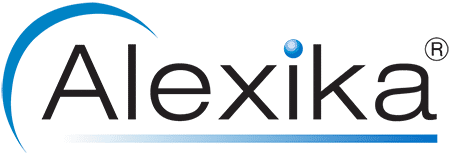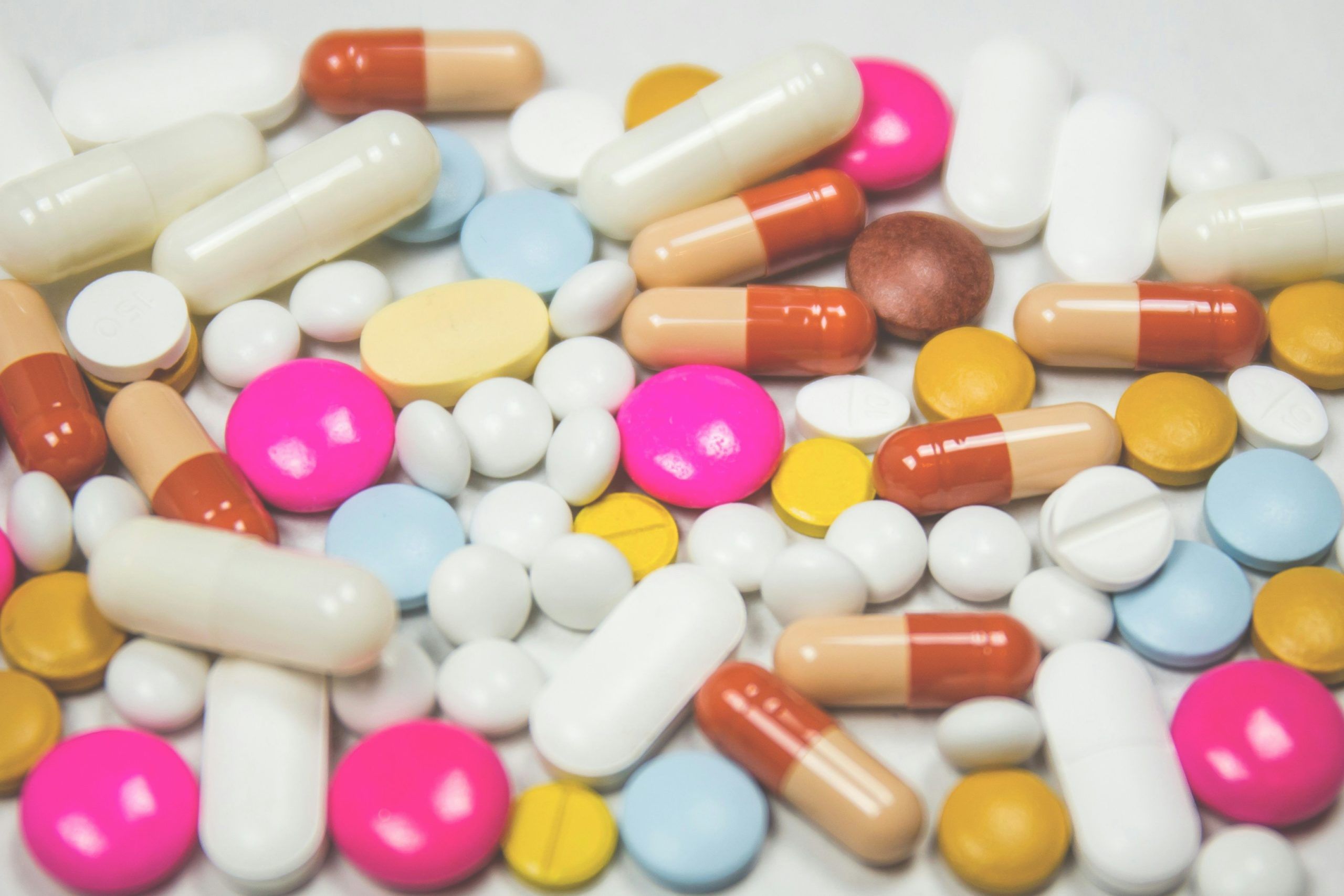When a pharmaceutical company orders a translation, whether for regulatory purposes, research or patient information, the relationship with the translation company must be based on trust. This means trust that the translation will be performed by a qualified linguist with experience and extensive knowledge of the field working into their mother tongue, and trust that the translation will be researched and checked thoroughly. Pharmaceutical translations are not just about converting words from one language to another; they involve a deep understanding of medical terminology, regulatory requirements, and the cultural nuances of the target market.
For example, translation of Patient Information Leaflets (PILs) requires very specialised knowledge and expertise. Translators must be familiar with the pharmaceutical industry and have a solid grasp of medical terminology. Additionally, they need to stay updated on the regulatory requirements of different countries, as these can vary widely. For instance, the European Medicines Agency (EMA) has strict guidelines on how PILs should be structured and what information they must contain. Translators must ensure that these guidelines are met in every translation.
There are other ways that a translation company can be more of a partner than just a provider in this context. Linguistic research can throw up some issues in the source text – and translator notes can be helpful to the Qualified Person at the pharmaceutical company. It may be for example that a word in a clinical trials report can have more than one meaning, and that might throw up a nuance that needs discussion. It may be that an issue thrown up in a Summary of Product Characteristics might apply to one international market but not another, a recent example being of how a product must be disposed of after use.
Translating for a regulated industry means certain specific service requirements for translation providers – which is all essential as the quality of translation can impact directly on patient care. Translations will generally need to be certified by the professional translator and translation company, and the process must adhere to a robust ISO9001 quality certification.
We’ve commented in previous Blog posts about the rise of Artificial Intelligence (AI), and when it can be used as an additional tool for professional linguists. Pharmaceutical translation is a prime example of an area where AI may be helpful sometimes as a research tool, but the professional human linguists must be fully in control of the entire process in such a critical area.
Pharmaceutical translations are not just a matter of language; they are a vital part of the global healthcare ecosystem.
At Alexika, we have over 20 years of experience of translating for the pharmaceutical sector. We hold the ISO9001 quality standard from a UKAS accredited provider. What can we do for you?


